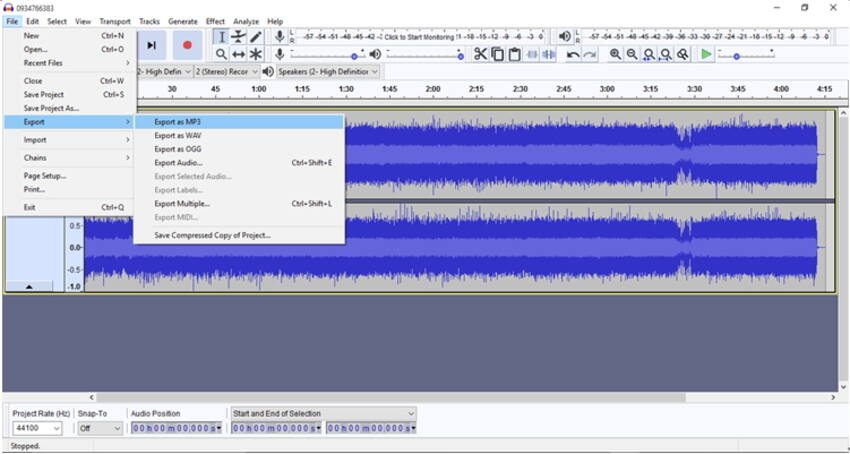


Apple iTunes normally use M4A for music, M4B for audiobooks, and M4R for ringtones. Conforming to MPEG-4 part 14 audio layer, it is basically the same as M4A audio files, encoded in AAC. M4B is a container format mostly used for audiobooks, with the file extension. This post offers you 4 easy ways to for M4B to MP3 conversion, with tips on how to convert protected M4B to MP3 if you are entitled to the file. Some M4B files are DRM-protected, and there are also unprotected M4B files. The M4B files can be found in iTunes audiobook store, online audible book collections, public domain archives and so on. Depending on the audiobook player's capability, sometimes you might want to convert M4B to MP3 while preserving the original high quality, and possibly the chapter information. So it is worth trying if you are of a more technical inclination.Audiobooks such as M4B and MP3 have found their way into the hearts of many book lovers. This took only a few seconds to convert a 45 minute video, which was had only upload 10% to Online Audio Convertor. You do have to install FFMpeg but this is free, cross platform and open source. I recently turned to ffmpeg since this was faster than uploading the file.Īll I have to do ( as explained on stackoverflow) is:įfmpeg -i input.mp4 -q:a 0 -map a output.mp3 select the Quality setting (192kps or 128kps).I was lucky enough to stumble across the following site It is possible to open a m4a file in Audacity and export to ‘mp3’ but you need to install the separate ffmpeg library, which handles video files. ‘m4a’ seems to be supported by iTunes but ‘mp3’ is the recommended format by most podcasting sites and apps. It often has better audio quality and compression than mp3 but isn’t always supported by audio playback software. Which is why many video software output ‘m4a’ rather than ‘mp3’. The MPEG-4 file format ‘mp4’, normally associated with video encoding, when it only includes audio information is an ‘.m4a’ file. It seems like it should be such a simple thing to do. I couldn’t actually find many reliable rsources online explaining this. In this post I will explain how I convert the file to. These videos form the source material for my audio podcast.

I use Camtasia to record my videos for YouTube. The software that I use to record my videos for YouTube (and which form the source material for my audio podcast) does not output.


 0 kommentar(er)
0 kommentar(er)
